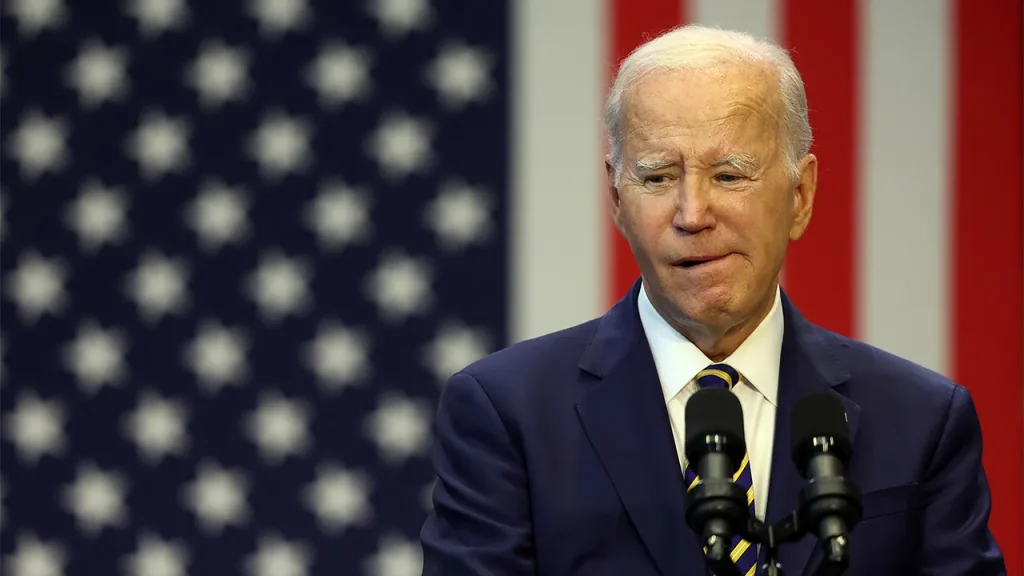The current political landscape in the United States is filled with mudslinging and trash-talking as candidates attempt to outdo each other in discrediting their opponents. Even when the accusations are false or misleading, they dominate the headlines and shape public opinion. President Biden’s mental acuity has come under fire, with detractors claiming he appears confused and out of touch. However, footage released from a fundraiser event showed him taking a moment to bask in the crowd’s cheers, leading to suggestions that former President Obama was guiding him off the stage, further fueling speculation about his mental state.
There has been a rise in the use of manipulated videos, with the Biden administration and its supporters dismissing unflattering portrayals of the president as “deepfake” or “cheapfake,” designed to deceive the public. However, some instances, such as a cropped photo from the G-7 summit that misrepresented Biden’s interactions with skydivers as him staring into space, were simply taken out of context. Meanwhile, allegations about former President Trump’s memory lapses have emerged in a new book, showcasing his struggles to recall past interactions and interviews. These revelations have sparked a war of words between Trump’s camp and the author, further muddying the waters.
The media has a crucial role in separating fact from fiction, but the proliferation of short video clips and images makes it challenging for voters to discern the truth. Many may only see a fraction of the content and form quick judgments based on limited information. The relentless attacks from both sides could result in a cancellation effect, where the constant barrage of accusations leads people to become disillusioned with the entire political process. This erosion of trust in media institutions could have far-reaching consequences for the country’s democracy and public discourse, further exacerbating the current state of division and distrust.
Despite efforts to highlight the truth behind the headlines and combat misinformation, the fast-paced nature of modern media consumption makes it difficult for the average voter to navigate the flood of information. The constant bombardment of negative campaigning and personal attacks only serve to deepen the divide and alienate voters from the political process. As the upcoming debates loom on the horizon, it remains to be seen whether they can offer a glimmer of hope for a more substantive and respectful exchange of ideas or if they will devolve into further mudslinging and character assassination.
The state of political discourse in the United States is in disarray, with candidates resorting to personal attacks and distortions to gain an edge in the public eye. As the election cycle heats up, the focus on character assassination and bombastic claims drowns out any substantive policy discussions or meaningful debates. The public is left to sift through the noise and try to discern the truth behind the rhetoric, a daunting task in an era of deep fakes and digital manipulation. The media’s role in holding politicians accountable and ensuring accuracy in reporting is more crucial than ever in restoring faith in the democratic process and preserving the integrity of public discourse.


